What is the CMA?
What is the Compost Manufacturing Alliance (CMA) and why does it matter? We already have testing standards like BPI in place, is CMA the same thing? If you’re a composter, it is crucial to understand the value that CMA approvals provide because the compostables industry is only getting bigger and more important as time goes on.

What does the CMA do, exactly?
First, who are they, and what do they do? CMA is a group whose aim is to provide real world testing of compostable products in compost facilities. Called “field disintegration testing,” they take compostable materials (like EcoSafe® compostable bags) and put them to the test in an actual composting facility to make sure they disintegrate as intended within an acceptable time frame. This shows composters that accepting compostable materials marked with a CMA approval will not result in any contamination to their end product.
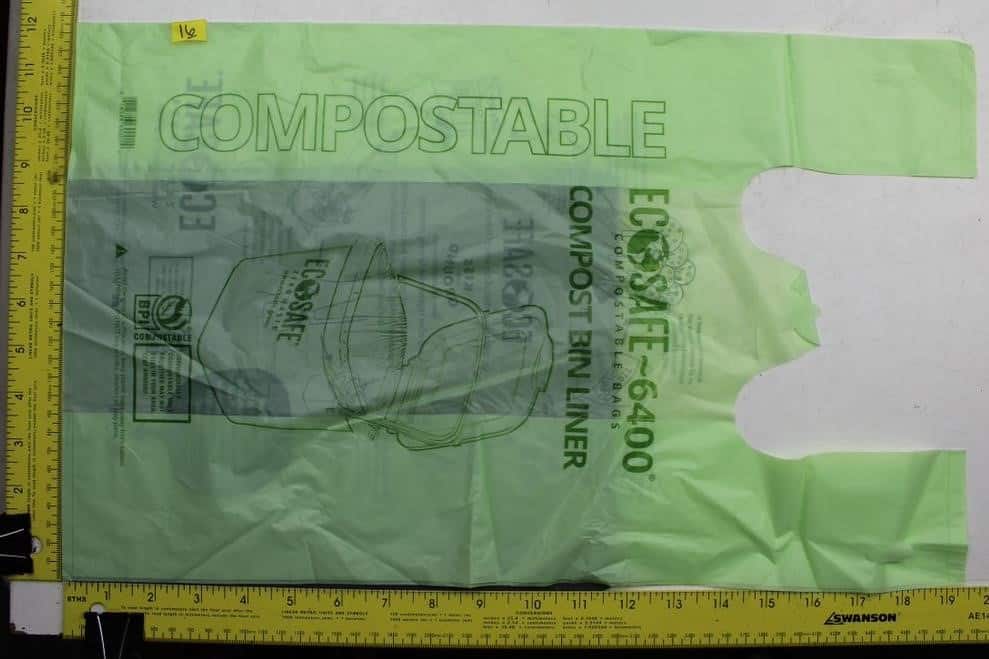
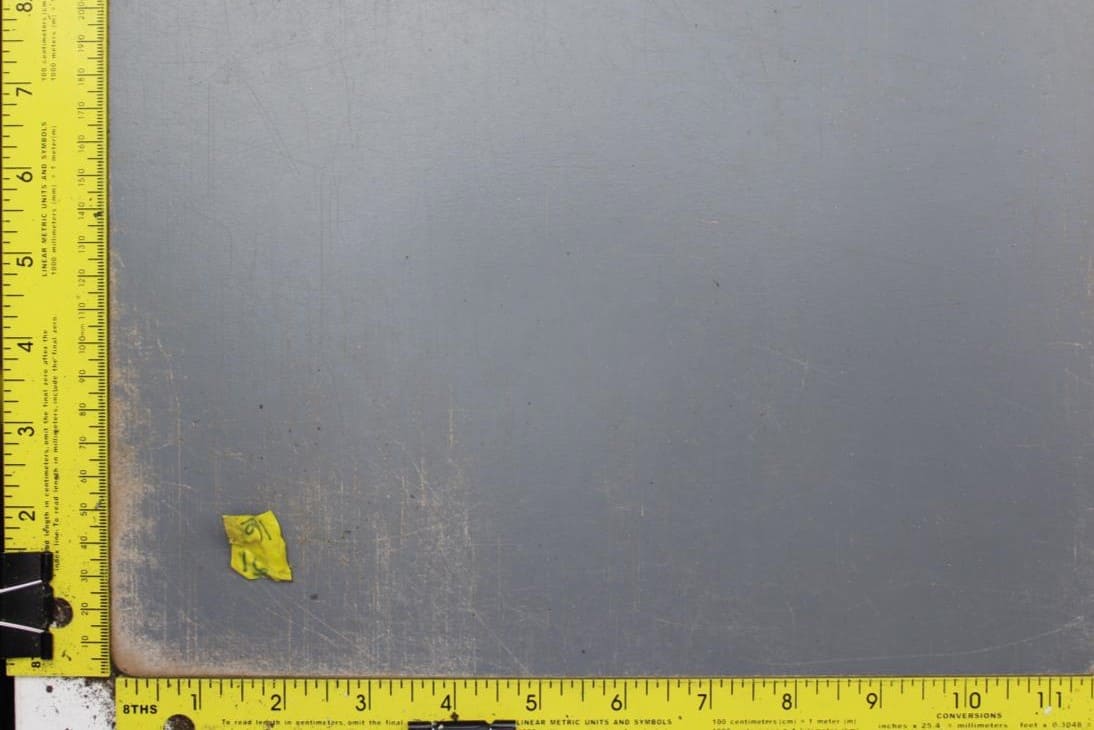
How is CMA different from BPI?
In North America, BPI certification is a standard certification that companies use to show that their products adhere to a standard set of technical requirements for composition and degredation. In our industry, products must adhere to ASTM D6400 testing standards which outlines the conditions and timeframe within which a product must degrade in order to obtain BPI certification. This testing is done in a laboratory environment which means that the results are as consistent as possible between tests.
Although BPI is a very important certification, issues arise when you consider the variability of real-world testing. The biggest variable being that there are several different ways a commercial composter can operate. The most prominent ones are:
- Aerated static pile
- Windrow
- In-vessel
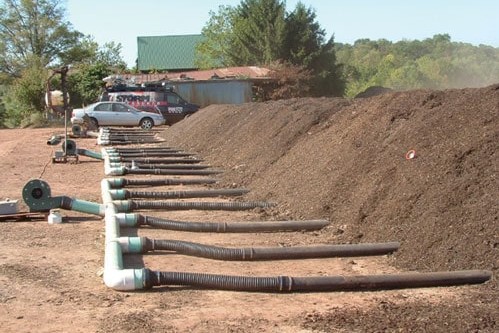
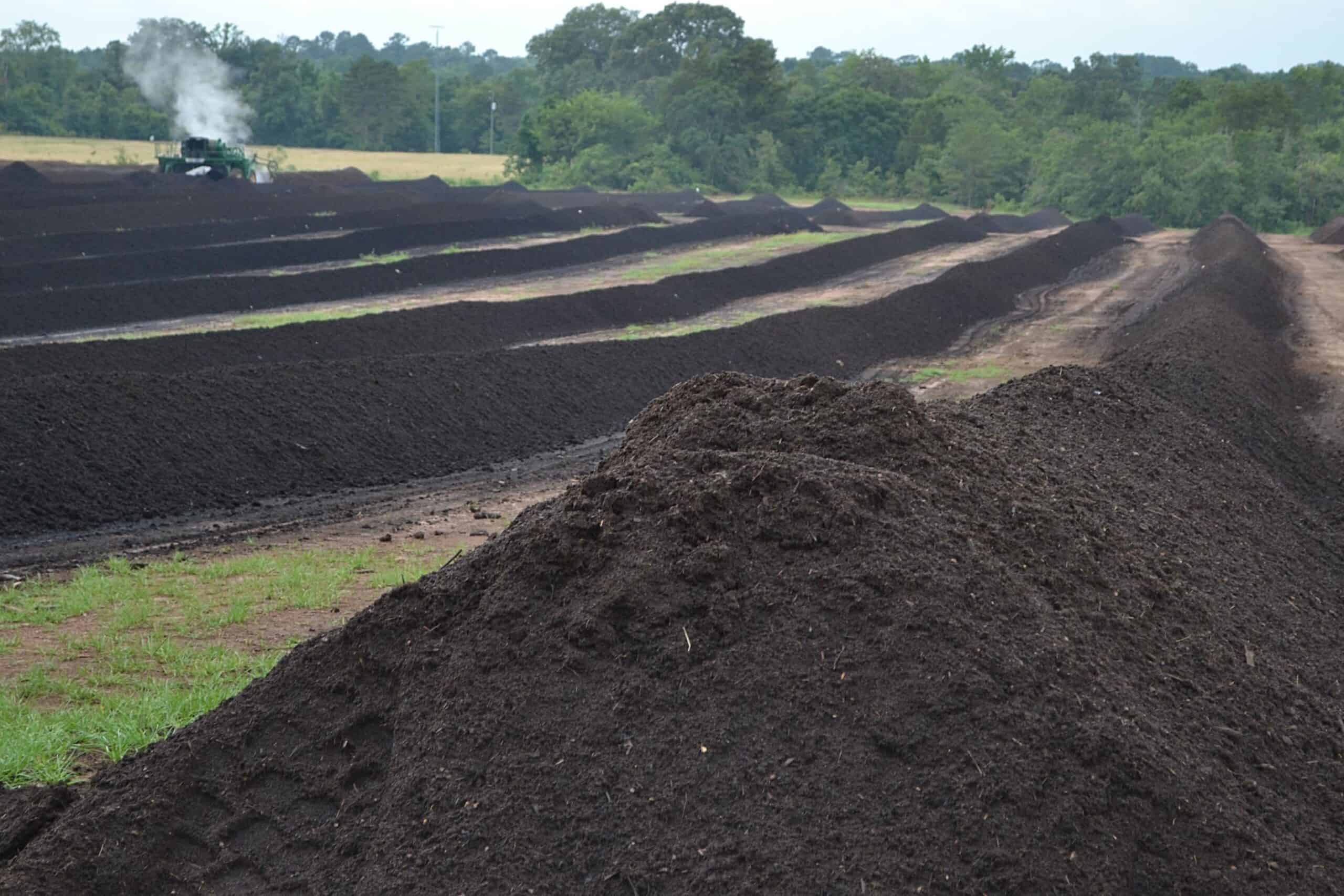

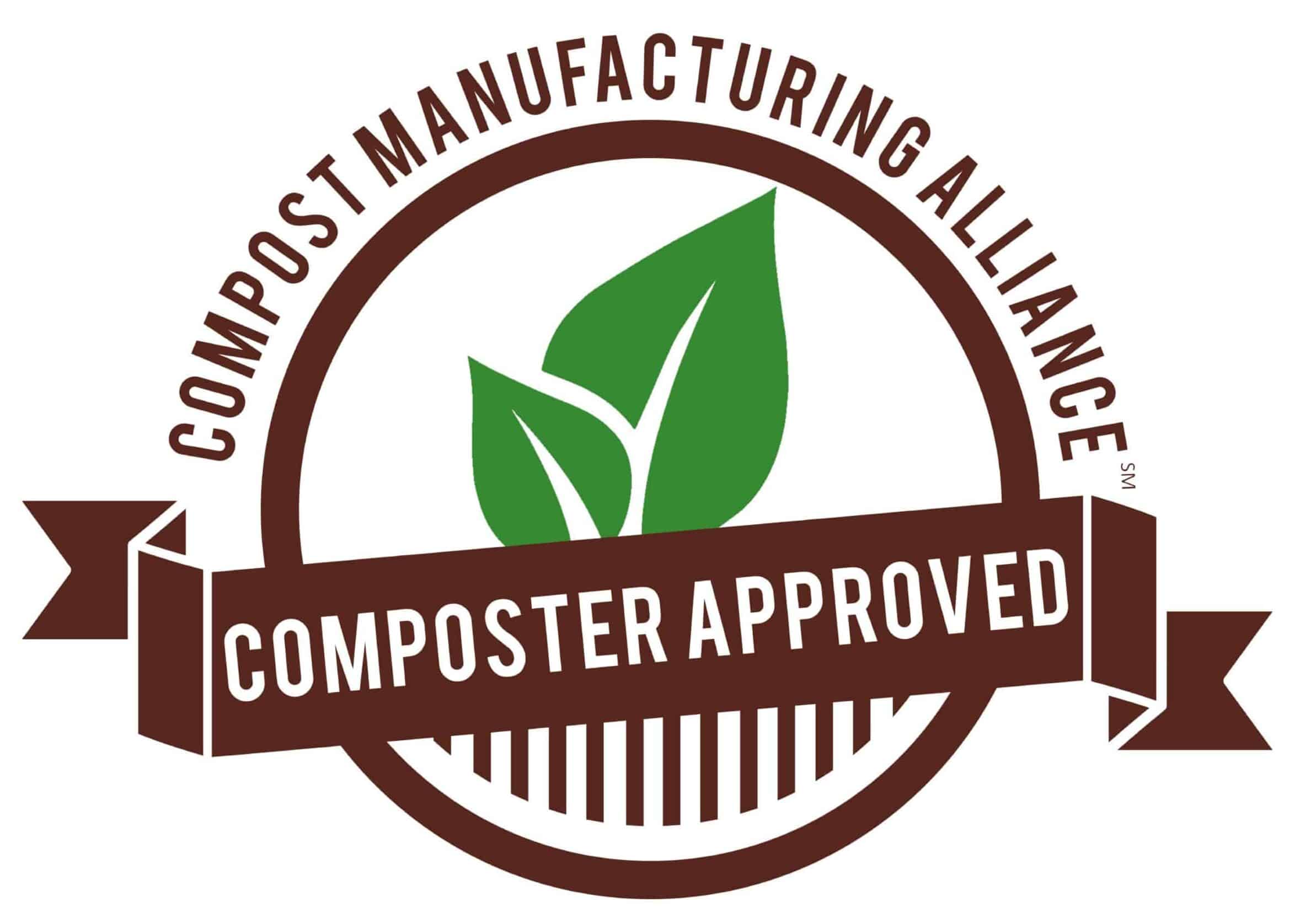
How to tell if an item is CMA approved
Identification of compostable items is extremely important. Every composter has a system in place to remove contamination (non-compostable items) from the material they receive. If a compostable item can’t be easily identified, it is likely that it will be removed and sent to landfill. This eliminates a major benefit of using compostable items.
The CMA has built into their logo use guidelines a set of factors that a product must meet to display the CMA approve logo. For example, compostable kitchen bags like the ones that EcoSafe® produces, must be tinted green. In other instances, a brown color scheme is encouraged. These traits make it very easy for a composter to quickly identify compostable materials. In combination with a CMA logo displaying which composting methods a specific item has been tested and approved for, it doesn’t get any easier for a composter to know what is contamination and what isn’t.
On top of all that, CMA keeps an update list of products accepted through each of their methods; aerated static pile (coming soon), windrow, and in-vessel.
What is does the future of composting look like with CMA?
As the CMA’s presence becomes more understood and accepted throughout North America, a few things are likely to happen:
- More composters will see for themselves that products marked with a CMA logo will disintegrate in their system just like other organic materials do.
- Less contamination will be seen in the feedstock they receive because compostable bags and products will replace the plastic alternatives that are often used.
- As composting becomes easier with compostable products, the percentage of organic materials that are sent to composters (instead of landfill) will increase.
- Legislation is likely to follow. With the support of composters who like having less contamination, the support of the consumers who are looking for the easiest way to do the right thing, and the clear benefits of having less organic waste sent to landfill, governments will be able to safely support compostables.
In conclusion – CMA approval is good for everyone
Whether you’re a composter, consumer, legislator, or environmentalist, compostable products will help you ensure that less organic waste ends up in landfills. That is an undisputed benefit for the environment. The CMA, and real-world field testing is an important part of that goal. That is why every EcoSafe product is approved in every available CMA category, and why we have been avid supporters of the CMA since it’s inception.
If you have questions about our products or CMA approvals, reach out to us and we’ll be happy to answer them for you.
Food loss and waste occur at each stage of the supply chain. The biggest proportion (about 37%) happens in the home.
ReFED, 2021

I have “Powertec 2.6 gallon ASTM D6400 100% COMPOSTABLE” bags. They are BPI compostable and have other compostable designations YET, I do not see a “CMA” designation.
Denver Colorado is enacting CMA only bags, less than 3gallons, in our bins.
Do the bags I have meet this standard?
Suzanne, thank you for your question. We heard of the decision by A1 Organics in Denver to not allow compostable bags from residential services (less than 3-gallons) to be acceptable unless they had been CMA approved. We checked the CMA website (www.compostmanufacturingalliance.com/cma-commercially-accepted-products/) and we did not see the Powertec brand name listed. You would have to pursue your current bag manufacturer to see if they will be getting this CMA designation or you may need to switch to an acceptable bag. We are sorry to hear that you are having this issue but wish you all the success as you continue to compost your food scraps. The industry is growing and we need more people like you supporting our environment and diverting their food scraps from landfills.
If you would like to switch to EcoSafe bags, the ones you’re looking for are 16×17″, 2.5 gallon bags. All of our bags are BPI and CMA certified, so you can use them with confidence. Here is the link to purchase our bags on Amazon: https://tinyurl.com/54fvrky5
Thanks for the information on these standards. We are now switching brands of bags to meet Denver’s new guidelines.
That is fantastic to hear. Glad we could be helpful for you!